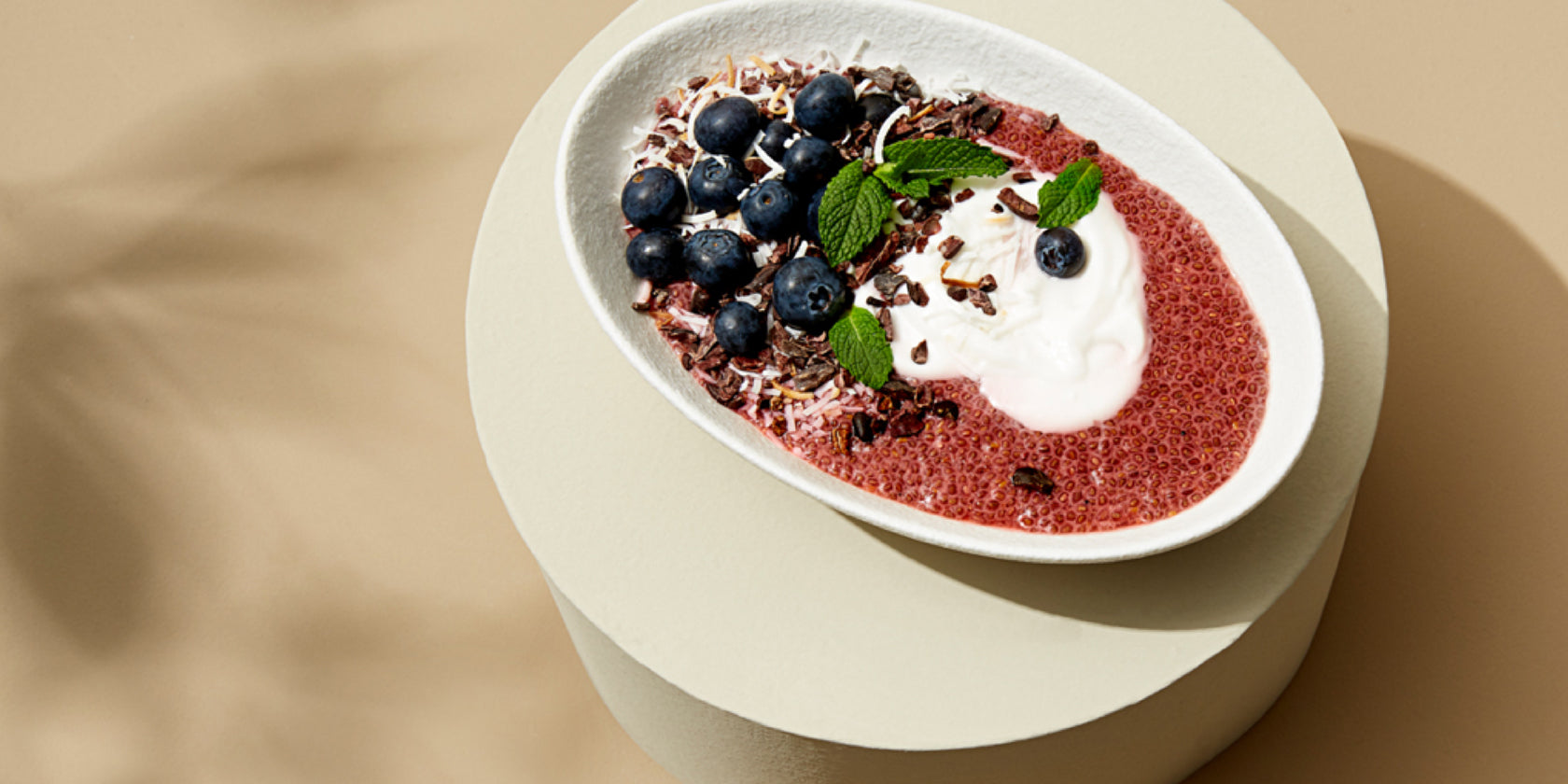
plant-powered
Plant-based diets have been in the spotlight of late, but they’re no fad diet. People have been eating more plant-based for environmental, ethical, and health reasons. But despite their popularity, there are still some myths and misconceptions about plant-based diets swirling around. Here's some of your questions explained.
1. I won’t get enough protein on a plant-based diet
Although animal sources like meat, fish and eggs are often touted as the best protein sources, we can easily meet our daily protein requirements (an average of 0.8g of protein per kg of body weight) from plant foods.
Plant foods that are rich in protein include tofu, tempeh, lentils, beans, nuts, and seeds. Unlike animal fat, plant-based foods are free from saturated fat, trans fat, and dietary cholesterol, all of which are risk factors for heart disease.
2. I’ll be hungry all the time on a plant-based diet
Lettuce leaves and carrot sticks might not fill you up, but plant-based consists of so much more than that! Root vegetables, legumes (like lentils, peas, and beans), tofu, tempeh, and whole grains are all very satiating due to their high fibre content and keep you feeling fuller for longer.
3. I’ll have to give up all my favourite foods if I go plant-based
All your favourite foods can be made plant-based, you just need to get creative. You can still enjoy chocolatey desserts, ice cream, pasta dishes and all your other favourites.
Meat can be substituted with mushrooms, tofu, tempeh, seitan, and legumes, cheese alternatives can be made with plant oils or nuts and seeds, and dairy can be replaced with coconut, soy, almond, or oat milks and ice creams.

4. I won’t get the nutrients I need on a plant-based diet
This common misconception actually couldn’t be further from the truth! Plants are the most nutrient-dense foods we can eat; legumes and leafy greens are rich in iron, calcium and zinc, citrus and tropical fruits like pineapples are high in vitamin C, and berries are high in manganese and vitamin K. By eating a variety of plant-based whole foods, you’ll be able to get all the vitamins and minerals you need to thrive!
The one vitamin plant-based eaters should speak to their healthcare professional about taking as a supplement is vitamin B12, as this vitamin comes from the soil (in fact, many commercial meat products are fortified with B12). You can also get this by eating cheesy nutritional yeast.
5. I won’t be able to build muscle on a plant-based diet
This ties into the myth of not being able to get enough protein. However, increases in muscle mass and strength are tied to protein intake, regardless of the source; your body uses protein-rich plant foods to build muscle just as effectively it uses animal-based protein sources.
Many athletes eat a plant-based diet, including tennis players Venus Williams, Novak Djokovic, and Nick Kyrgios, endurance athlete Rich Roll, and bodybuilder Patrik Baboumian.
To kickstart your plant-based journey, check out Soulara for advice, tips, and more! Soulara is a plant-powered nutrition program that specialises in creating superfood packed meals that are both good for you and aligned with your values. Their plant-based meals will open your eyes to a whole world of delicious culinary creations!
Written by Chris Gill from BOODY @boodyecowear.







